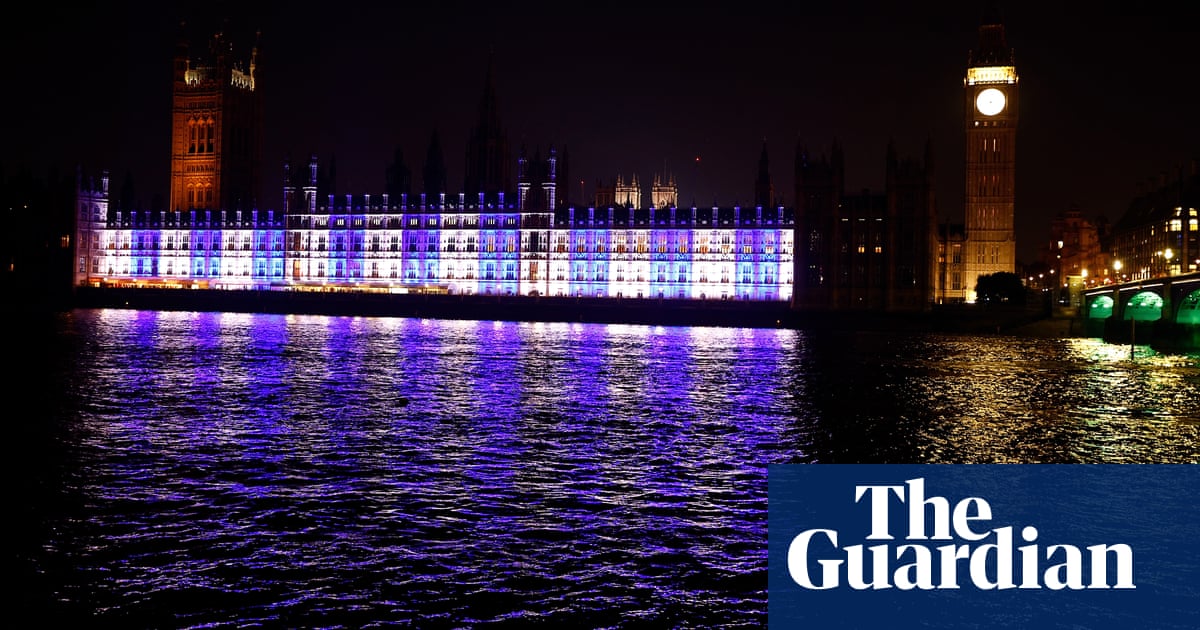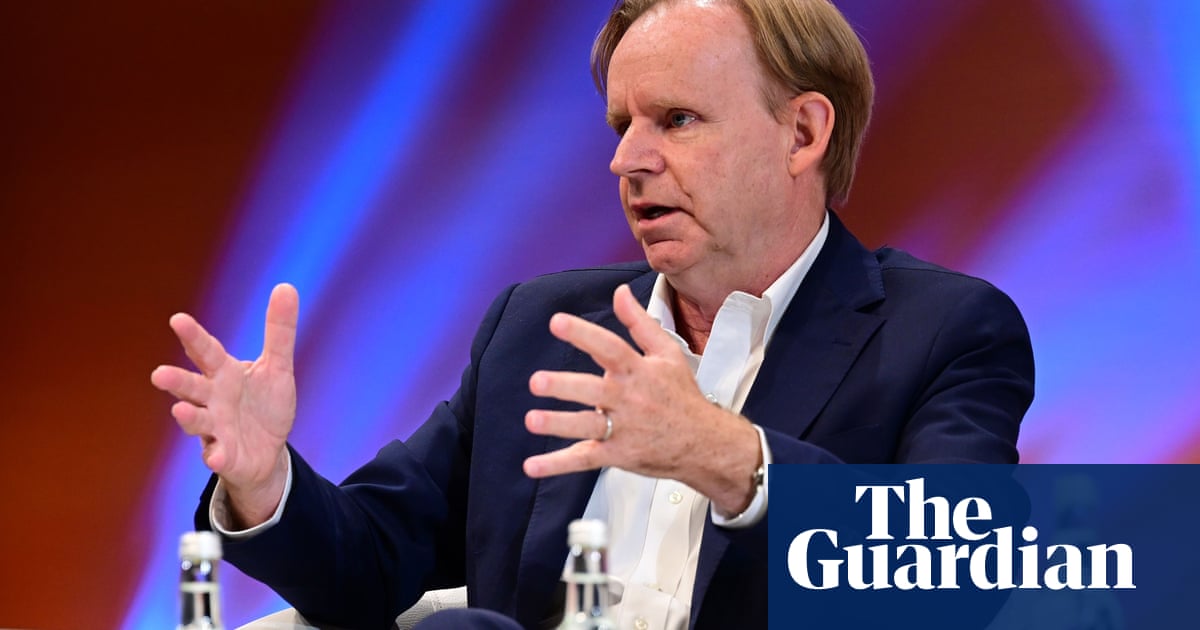
Ministers in the UK are under pressure to rethink rules on face masks after the World Health Organization advised that simple coverings offer no protection to the public and that over-60s should wear medical-grade masks.
The new stance from the WHO, which now supports masks for the public for the first time, came a day after face coverings were declared mandatory on public transport in England from 15 June.
Government ministers have said these can be made from simple scarves, T-shirts or other single-layer coverings. But the WHO guidance recommends more complex masks made of three layers of fabric for the general public taking public transport or going into shops or places of worship where they cannot keep their distance. It also says people over 60 or with underlying health conditions should wear medical masks in “settings where physical distancing cannot be achieved” because of “increased risk of infection and/or negative outcomes”.
All others should wear the three-layer fabric mask: absorbent cotton closest to the face, followed by a polypropylene layer and then a synthetic layer that is fluid-resistant, the WHO said. It envisages that these masks can be made at home, but that small companies may begin to produce them, also providing jobs.
It comes as the Covid-19 R value, or transmission rate, was shown to be rising across England and tipped above 1 in the north-west for the first time since lockdown, according to a Public Health England model.
The development raises concerns that regional lockdowns may be required and that the UK could continue to see hundreds of daily deaths for weeks as the pandemic rumbles on.
The UK toll of those who died after a positive coronavirus test passed 40,000 on Friday, while the total coronavirus death toll surpassed 50,000 earlier in the week, cementing the UK’s position as having one of the worst rates in the world.
In an announcement on Friday, the WHO said that people should be advised to wear masks not only on buses and trains but also wherever physical distancing may be hard - in grocery stores, at work, at social gatherings, at mass gatherings and in closed settings, including schools, churches, mosques and other places of worship.
Until now the global body has been reluctant to advocate the wearing of face coverings by the public because of limited evidence that they offer protection. There were also fears of a rush on masks leading to shortages of medical-grade versions for health workers.
The new guidance follows research commissioned by the organisation into what sort of mask could protect people in the community. It is still unknown whether the wearers are protected, say its experts, but the new design it advocates does give protection to other people if properly used.
Masks are no substitute for physical distancing and hand hygiene, it was emphasised.
The UK largely followed the same line as the WHO until the transport secretary, Grant Shapps, announced on Thursday that face masks on public transport would be compulsory in the UK, with fines for those who disobeyed. The rules come in on the same day that non-essential shops are permitted to reopen, but there is no rule on the need to wear face coverings in shops.
In a further change, Matt Hancock, the health secretary, announced on Friday that it would be compulsory for hospital visitors and outpatients to wear face coverings and for all hospital staff to wear surgical masks in England from 15 June. He told the daily Downing Street press conference: “As the NHS reopens right across the country, it’s critically important to stop the spread amongst staff, patients and visitors too.”
Following mass protests in the wake of the police killing of George Floyd in the US, Hancock also warned against taking part in demonstrations over the weekend.
He said: “Like so many, I am appalled by the death of George Floyd and I understand why people are deeply upset but we are still facing a health crisis and coronavirus remains a real threat. The reason that it is vital that people stick to the rules this weekend is to protect themselves and their family from this horrific disease.
“So please, for the safety of your loved ones, do not attend large gatherings, including demonstrations of more than six people.”
Munira Wilson, the Lib Dems’ health spokesperson, said the advice for the public on using face masks should be updated as soon as possible. “The fact this advice is for those over 60 also raises questions about the government’s own advice stating that over 70s are more at risk. For the public to have confidence in the government’s handling of the crisis, they should explain and provide evidence for any difference in approach or departure from the WHO’s recommendations.
“As the government continues to relax lockdown, there are legitimate concerns over the failure for the test, trace and isolate system to be properly in place. The tracing system which is essential in keeping people safe will not even be fully operational until September.”
Dr Maria Van Kerkhove, technical lead of Covid-19 response and head of the emerging diseases and zoonosis unit at WHO, expressed concerns about masks offering a false sense of security at protests. “There are many gatherings taking place across the globe for different reasons. People who put a homemade mask on feel a sense of protection. It is a false sense of protection,” she said.
“Masks must be part of a comprehensive strategy. They do not work alone. They must be used with a number of measures.”
When people are out, she said, “physical distancing of at least 1 metre provides protection against transmission. The further the distance, the better, but at least 1 metre.” The UK advocates physical distancing of at least 2 metres.
The WHO director general, Dr Tedros Adhanom Ghebreyesus, said the body’s position that masks alone would not protect people remained the same. But, he said, “in the light of evolving evidence, WHO advises that governments should encourage the general public to wear masks where there is widespread transmission and physical distancing is difficult, such as on public transport, in shops or in either confined or crowded environments”.
The guidance includes not only the three types of fabric that masks should be made from, but also washing instructions, he said. “People can potentially infect themselves if they use contaminated hands to adjust a mask or to repeatedly take it off and put it on, without cleaning hands in between.”
People caring for somebody who is sick at home should wear a medical mask, not a fabric mask, the WHO advises.
The Department of Health and Social Care said in a statement that all hospital staff will now be required to wear masks at all times, and outpatients and visitors will also be expected to do so.
It said: “NHS staff already wear face masks in clinical areas within 2 metres of a patient, but this new guidance applies to everyone working in all areas of the hospital. Members of the public are strongly urged to attend hospital wearing a face covering, but no one will be denied care and face masks will be provided by the hospital if necessary.”












